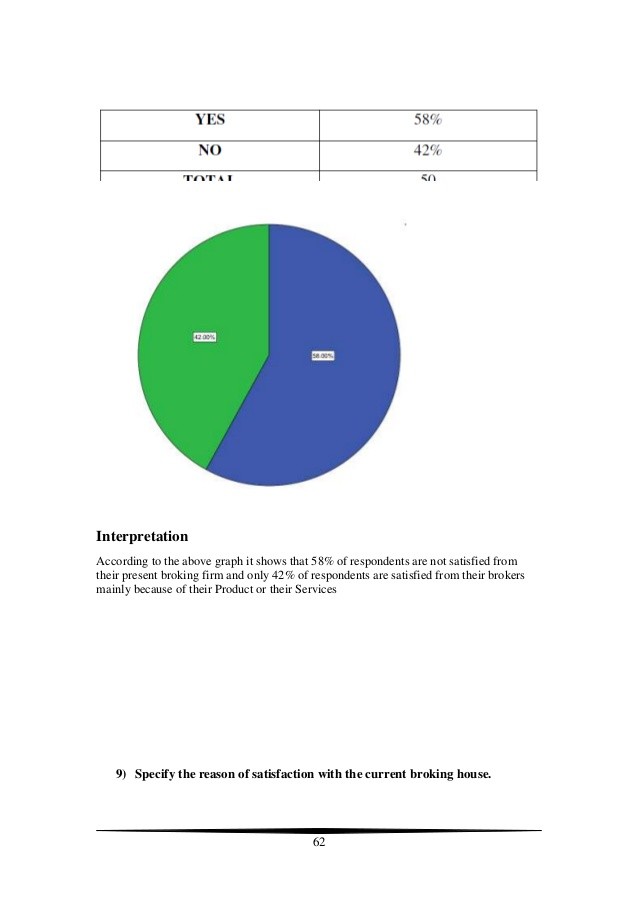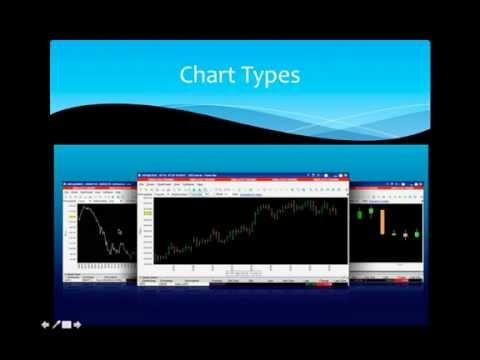Interpreting Your Broker s Reports
Post on: 14 Июнь, 2015 No Comment

Each month, most brokers or banks send a printout of information about your investments, often accompanied by a cover letter and some other documentation. While these statements provide ongoing updates about your investments and how they have performed, the quality and presentation of the information varies. The documents and printouts are frequently unclear and investors often have trouble deciphering what is important and how to interpret the material, even after discussions with a broker. In this article, we’ll give you some guidelines for interpreting the important information contained in these brokerage reports. (Make sure your broker is working for you with Is Your Broker Acting In Your Best Interest? and Evaluating Your Broker .)
Asset Allocation and Risk
Typically, your portfolio structure is presented as a breakdown of the various asset classes in which it is invested. Your asset allocation includes stocks, bonds, cash equivalents, alternative investments, real estate and natural resources. You may also see a breakdown within a specific asset class, such as segregating equities by market capitalization or bonds according to the type of issuer.
One problem is that the report will often not specify the level of risk you are taking in your portfolio or, even worse, will categorize it incorrectly. A moderate level of risk might entail a roughly even allocation between stocks and bonds, or at most, a 60/40 split. However, brokerage firms often categorize portfolios containing 80% equities as medium risk. Other reports simply do not address the level of risk, or insert the term medium risk somewhere discreetly at the top, bottom or side of the page, where the unwary investor barely notices it. You should be kept clearly informed of the level of risk of your overall portfolio, and if your asset allocation seems too aggressive or conservative for you, then talk to your financial advisor about the issue. (To read more on these topics, see Determining Risk And The Risk Pyramid . Risk And Diversification and How Risky Is Your Portfolio? )
Performance of Your Portfolio
Next, look at your portfolio’s performance for the most recent period reported, and how it compares with past performance. If returns are not satisfactory to you, talk to the advisor and determine whether any changes may be needed. A simple listing of cost, current value and other figures, with no meaningful analysis or discussion, is not very helpful.
In addition to seeing how your portfolio has performed, you need to know how well, or poorly, it has performed, compared with other investments. Comparing investment performance to benchmarks. such as market indexes or industry statistics, will provide a yardstick for evaluating your own portfolio. (Keep reading about this in Benchmark Your Returns With Indexes .)
For example, the Standard & Poor’s 500 Index. a common benchmark for large-cap stocks. is useful for comparing the performance of large-cap stocks or mutual funds in your own portfolio. The stocks your broker selects for you should perform better than their respective benchmarks. If they do not, there is little point in paying someone to select stocks, when you could simply put them in a cheaper index fund. Similarly, it is possible to compare the performance of your bond portfolio with fixed-income indexes. Make sure your broker can explain to your satisfaction why your holdings are better than the other alternatives out there.
Other Information
You should also have detailed information on all the individual stock, bond and other holdings, geographic allocation, and purchases and sales during the period. However, a simple list of various investments and other information is of little use, when you need to know the details and reasoning behind a particular allocation, before you can decide whether it is appropriate or requires change.
Look closely at purchases and sales. Excessive activity could mean costly trading commissions, while too little activity suggests your financial advisor is not bothering to manage your money. Stay informed about the reasons for the various activities and transactions, or the lack of them. (To learn more about portfolio management, see The Cost And Consequences Of Bad Investment Advice and Paying Your Investment Advisor — Fees Or Commissions? )

Costs
What do you pay your broker to run your portfolio and give you advice, and what do the individual stocks, funds and other investments cost? This is extremely important information. It should be clear from the documentation, but often it isn’t.
Over time, high costs can eat into investment returns. Annual expenses for mutual funds generally average about 1.25%, according to 2007 Lipper Research. Some equity mutual funds have front-end or back-end sales charges, or annual 12b-1 fees. while others do not carry these costs. The cost of buying and selling individual stocks through a discount brokerage firm is low, but can add up. Make sure you know what you are paying for securities and services and be aware of all fees and what they are for.
Normally, fees can be found in contracts, brochures or the summary documentation for a fund. Cost disclosures are often inconspicuous, or incomplete, and can be buried away in thick prospectuses. Hidden costs won’t appear on the documentation, and may be hard to detect or may even be deliberately concealed.
The Bottom Line
Before entrusting your money to a financial advisor, ask what kind of information he or she provides and take a look at some sample documentation. If you are already working with someone, and are not happy with the written information you receive, ask for clearer explanations. If the brokerage firm’s system cannot provide this, the broker should. There is no excuse for standardized. and essentially useless. cover letters. Regular visits, phone calls and explanatory emails should be able to ensure that you really do understand your investments, their cost and how they are performing. If you need to change brokers, read Shopping For A Financial Advisor and Broker Gone Bad? What To Do If You Have A Complaint .














